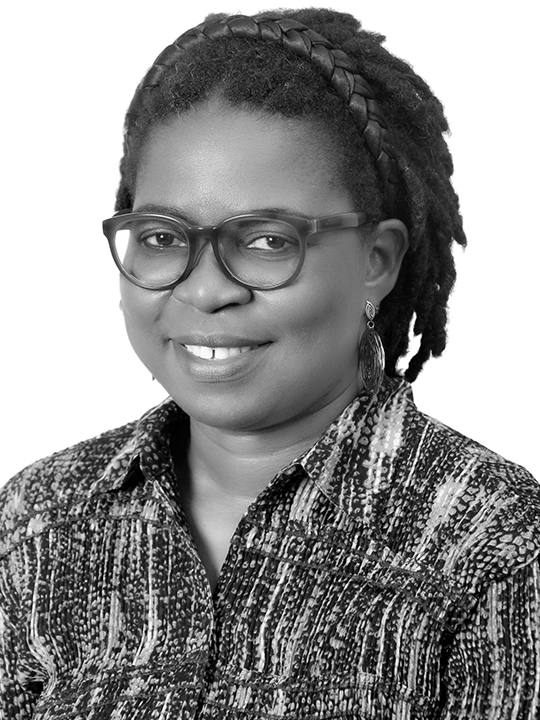
Country Lead of the Evidence for Action (E4A-MamaYe) programme, Mrs. Esther Agbon has highlighted the pivotal role of grassroots advocacy in achieving global and national commitments for reproductive, maternal, newborn, child and adolescent health (RMNCAH).
Speaking to Science Nigeria in Abuja on Tuesday, Agbon emphasised the significant impact of the E4A-MamaYe Africa Collective in influencing RMNCAH priorities across the continent.
Agbon, supported by both private and public entities, revealed that the E4A-MamaYe Africa Collective, through its resilient grassroots advocacy approach, stands as a frontrunner in shaping RMNCAH agendas at both global and local levels.
She stressed the importance of resilient local organizations, backed by development partners and international organisations, in expanding models of peer support and learning across various regions and countries. Agbon explained that the initiative, building on the success of previous cross-country and national advocacy learning events hosted by E4A-MamaYe, aims to fortify RMNCAH advocacy endeavours and contribute significantly to strengthening health systems in Africa.
The E4A-MamaYe Africa Collective’s commitment to grassroots advocacy intends to bridge the gap between global commitments and on-the-ground implementation, ensuring that communities’ voices and needs are heard and addressed, Agbon added. By fostering collaboration and knowledge-sharing among local organisations, the initiative is laying the foundation for sustainable improvements in RMNCAH outcomes across the continent.
Discussing challenges in Nigeria, Agbon mentioned that changes in administration have sometimes impeded the continuity of commitments toward addressing maternal and child health issues. She highlighted that dwindling national revenues often lead to prioritising debt servicing and infrastructural development over RMNCAH service delivery and quality of care.
Agbon identified delays in the release and cash backing of critical RMNCAH activities as a factor affecting the availability of health commodities in facilities, subsequently impacting community demand. She also noted that uncoordinated engagement with multiple partners and the inability of state-led accountability mechanisms (SLAMs) to collect private sector data hinder interventions in some states.
Recalling the wrap-up of the E4A MamaYe programme by Options Consultancy Services, Agbon acknowledged the programme’s impact over 12 years in advancing maternal and newborn health across Nigeria and Africa. Established in 2012 by the Foreign, Commonwealth & Development Office (FCDO), the E4A Programme aimed to enhance maternal and newborn health outcomes by fostering accountability among state actors in delivering quality services.
Agbon emphasised that the MamaYe Africa Collective, born out of the E4A Programme, serves as a platform for regional collaboration and advocacy to improve RMNCAH services. Through projects like MNCH2, LAFIYA, WISH, and Options E4A MamaYe, 13 SLAMs were established in states such as Lagos, Niger, Bauchi, Gombe, Ondo, Kaduna, Yobe, Zamfara, Kano, Jigawa, Taraba, Katsina and Jigawa. These SLAMs have played a crucial role in holding governments accountable for enhanced maternal, newborn and child health services.
Options strengthened the capacity of SLAMs to use accountability tools and approaches to hold the government accountable for improved maternal, newborn, and child health services, leaving behind a legacy of impactful initiatives as the program concluded its three cycles of intervention phases.

